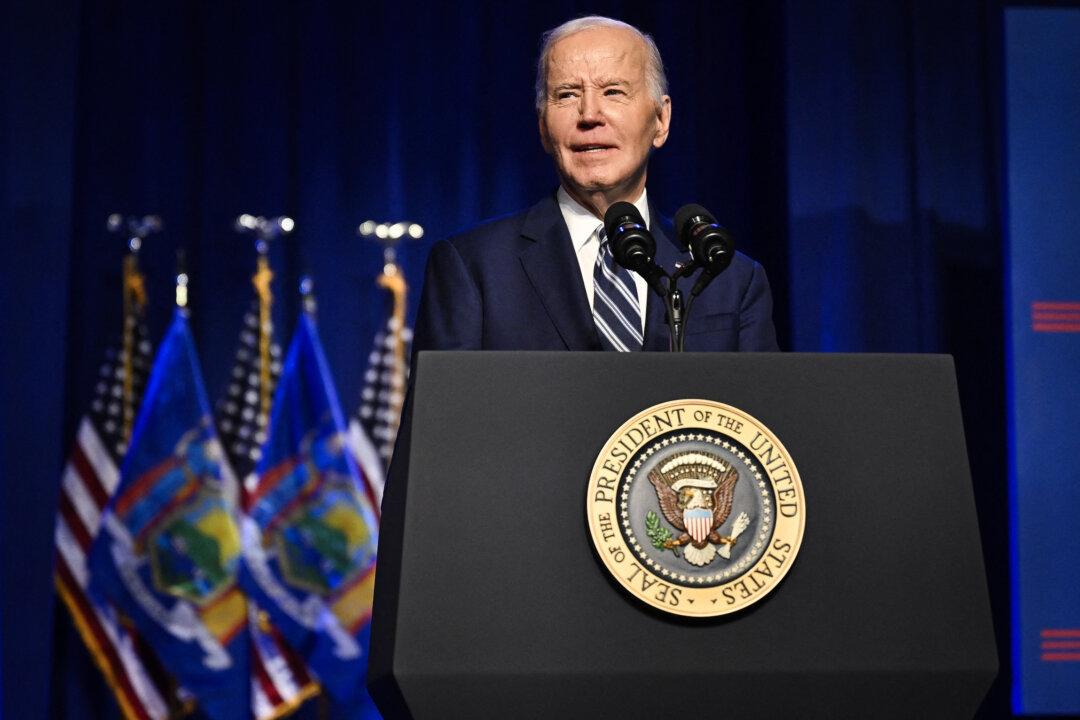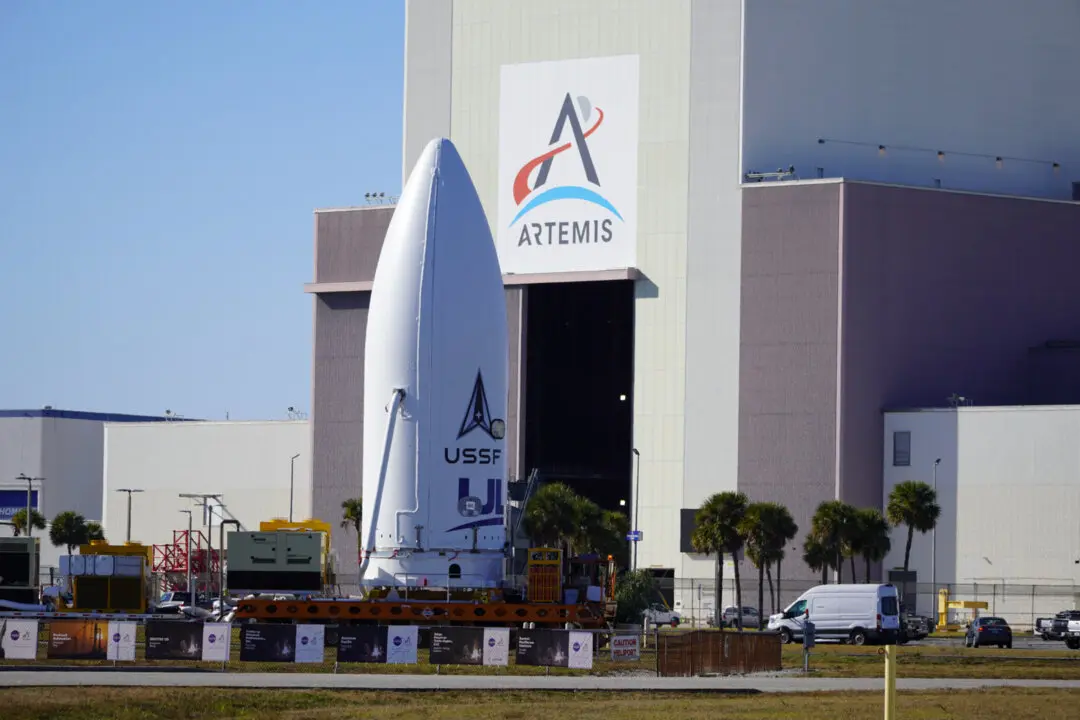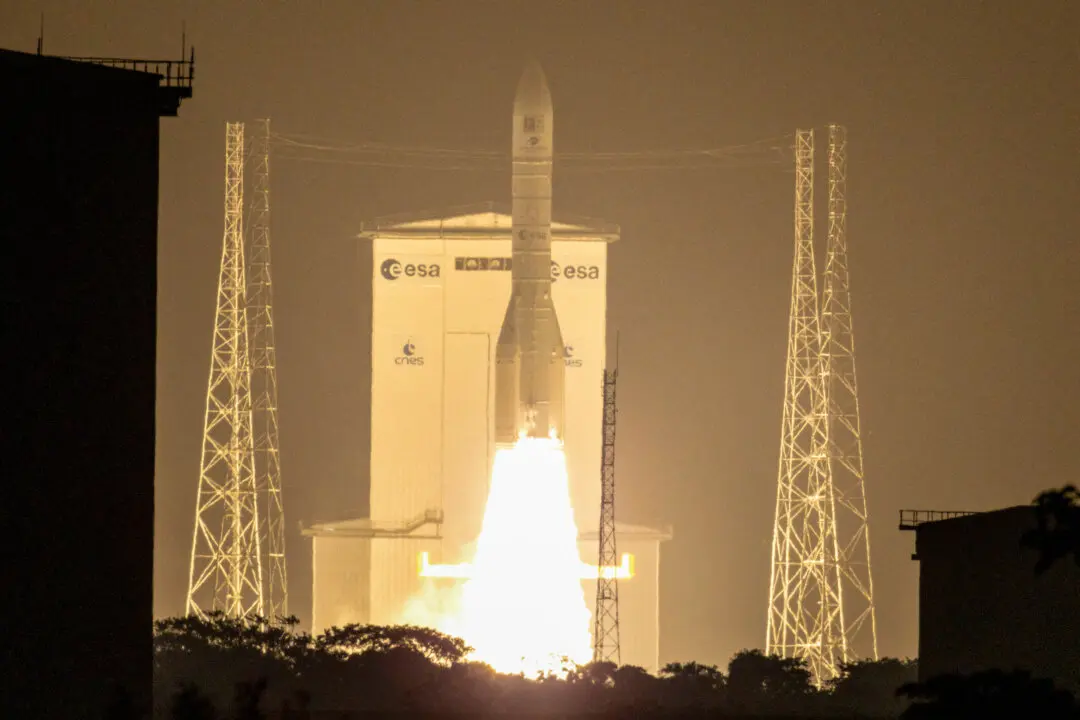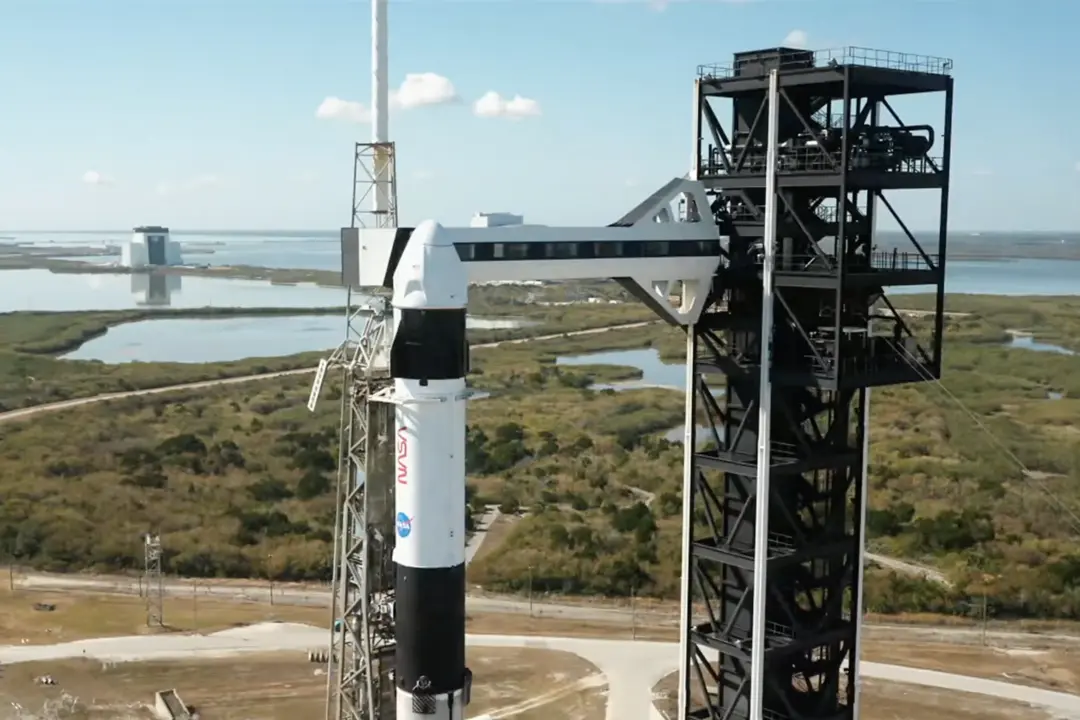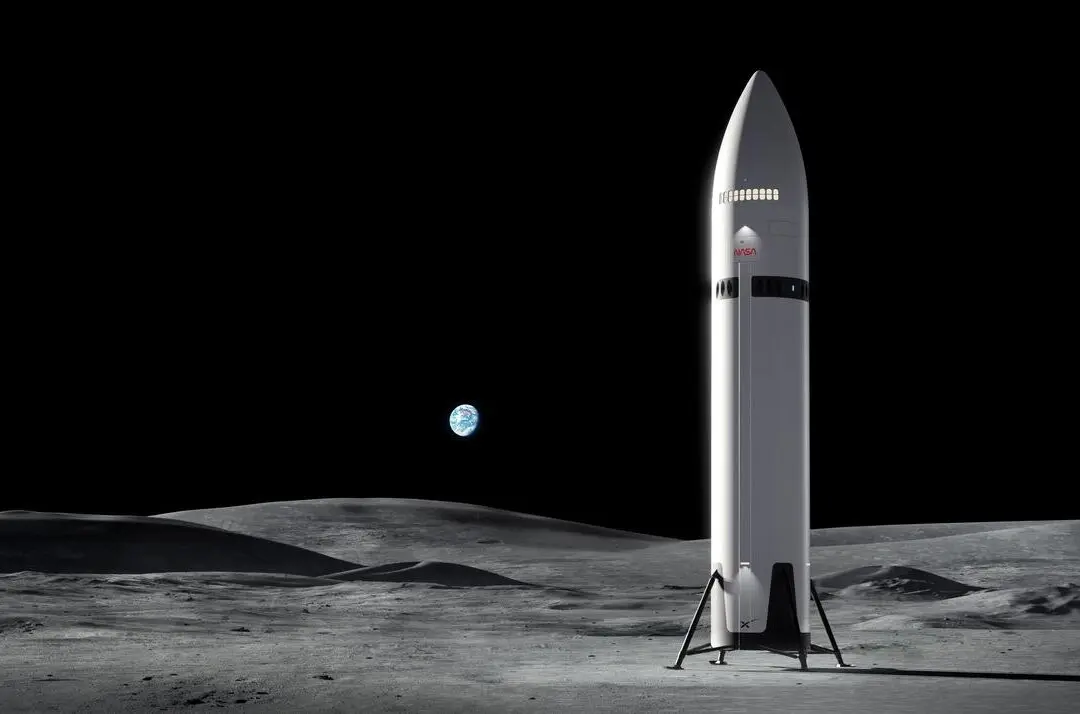President Joe Biden stood before a crowd of America’s union workers in the Rose Garden on May 14 and defended the massive increase in tariffs just announced on Chinese electric vehicles (EVs) and other products.
“American workers can outwork and out-compete anyone as long as the competition is fair,” he said. “For too long, it hasn’t been fair.”
